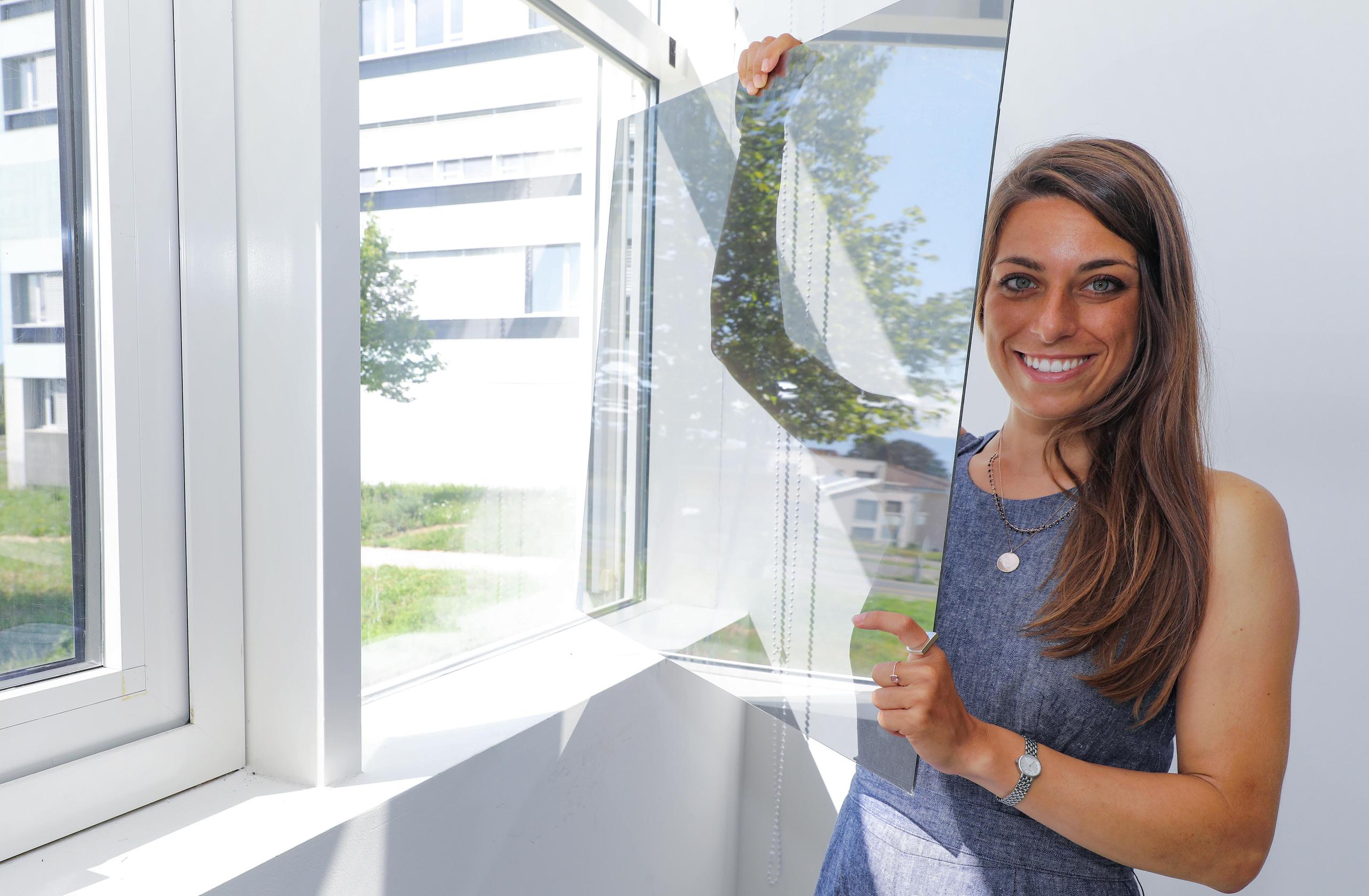
How daylight levels can affect our thermal perception

The amount of daylight in a room can influence how well we tolerate heat or cold, a study has shown. The findings could be used to improve construction standards and decrease energy consumption.
A team of scientists at Lausanne’s Federal Institute of Technology (EFPL) found that a significant psychological factor may alter how we perceive the thermal environment in a room.
Male and female participants in the study, which was just published in Nature’s Scientific ReportsExternal link, each spent three hours in a room at 19°C, 23°C and 27°C, and at three different daylight levels (low, medium and high). Body temperatures were measured continuously.
The scientists found that the participants in the 19°C room felt more comfortable and found the temperature more acceptable when the room was filled with daylight – as opposed to having little daylight – even though their body temperatures were the same in both cases.
When the room was warmer, they felt more comfortable when the room was not as bright, although, once again, there was no difference in body temperature. That implies the effect is purely psychological, the EPFL wrote.
The scientists then compared their findings with a thermal comfort model developed in the 1970s using data obtained under electrical lighting which is still widely used today.
The team found that, relative to the model’s predictions, participants in their study reported a lower thermal sensation – i.e. they felt less warm – in the 27°C room when the room was filled with daylight.
They conclude that people could better tolerate a warm room if it is lit with natural rather than artificial light. They believe this may be because in a room filled with sunlight people already expect to feel warm.
“Our findings suggest that we may be using too much air conditioning – particularly in buildings with glass walls, since the natural light makes the heat more tolerable,” said lead author Giorgia Chinazzo.
“If our hypothesis turns out to be correct, buildings could be made more energy efficient by creating additional space for natural light during either the construction or renovation phase. That would also make buildings more comfortable for their occupants.”

In compliance with the JTI standards
More: SWI swissinfo.ch certified by the Journalism Trust Initiative





























You can find an overview of ongoing debates with our journalists here . Please join us!
If you want to start a conversation about a topic raised in this article or want to report factual errors, email us at english@swissinfo.ch.